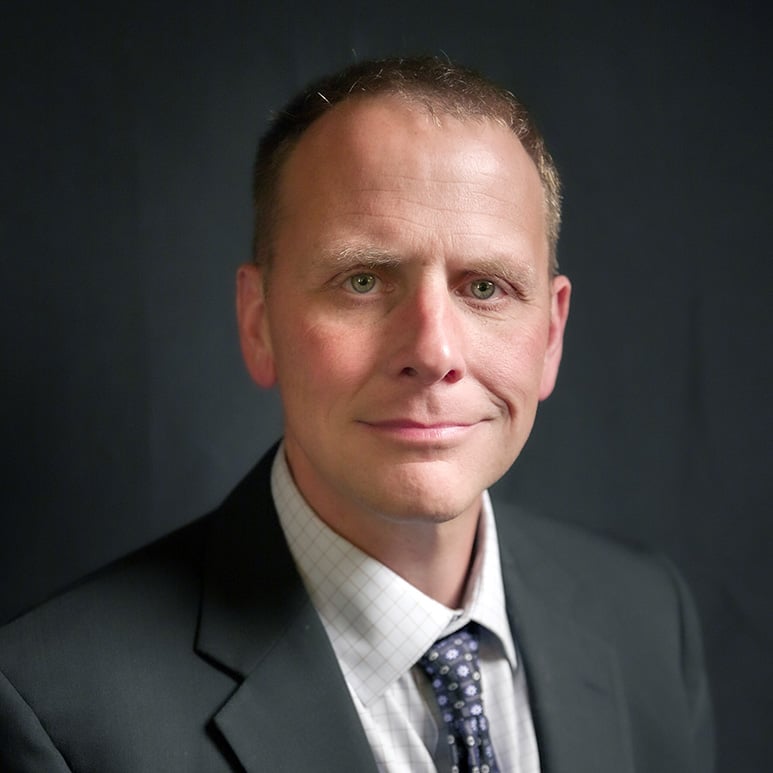
What are the Different Types of Addiction Treatment Doctors and What Do They Do?
It’s tough to admit when you have a drug or alcohol problem, but it’s even tougher to recover. However, overcoming addiction is easier when you have the right support. Training drug addiction treatment doctors and specialists helps individuals with substance use disorders get sober and change their lives for the better. Keep reading to meet Banyan’s team of addiction specialists and professionals and learn about the trained, educated, and passionate people that can help you or a loved one get sober.
Types of Certified Addiction Specialists
A client will usually meet many types of addiction treatment specialists during partial hospitalization and residential treatment. These professionals have various titles, skills, and schooling.
For instance, the term addiction specialist refers to trained medical doctors. States regulate most addiction recovery jobs, and state licensing protects patients’ health and privacy.
Licensed addiction recovery specialists have completed specific amounts of education, testing, and supervised work to ensure they have the experience and education necessary to treat clients while keeping them safe. Certified addiction specialists have met national or international organizations’ requirements, as well.
Below is a list of the various types of addiction specialists and doctors that are normally on staff in a rehab facility.
An Advanced Registered Nurse Practitioner (ARNP) is a registered nurse who completed graduate-level education and has the primary responsibility of caring for the patient. The roles of licensed ARNPs include:
- Examining patients and establishing diagnoses according to client history, physical examination, and other forms of care
- Admitting, managing, and discharging patients to and from health care centers
- Ordering, collecting, performing, and interpreting diagnostic examinations
- Managing health care by identifying, developing, implementing, and evaluating a care plan for the individual
- Prescribing therapies and medical equipment for treatment
- Prescribing medications, when necessary
Substance abuse nurse practitioners offer addiction recovery medical services to treat clients in our facilities. Nurses on our staff have a combination of advanced degrees and certifications in mental health and substance abuse nursing to ensure our clients receive the best care possible.
Medical directors have years of experience managing health care facilities. Their qualifications must address the various responsibilities of the role.
Like other addiction treatment facilities, Banyan involves a hierarchy of professional addiction specialists in leadership roles. At the top of this hierarchy is the medical director (MD).
Our medical director provides oversight on all our facilities’ medical-related duties. They ensure that all medical staff members follow guidelines, protocol, and provide high-quality care to clients while ensuring their team members’ needs are being met.
Typical roles of a medical director in addiction treatment include:
- Enforcing an environment in which medical professionals can safely and effectively work
- Developing policies and protocols that match the health care institution’s guidelines to ensure client safety and treatment efficacy
- Supervising and evaluating medical staff operations
- Working with institutional leadership to meet the health care system’s goals
- Staying up-to-date on the latest medical advancements and changes through continuing education
- Managing all medical departments of their facility
- Ensuring that medical staff members meet institutional expectations, including certifications
- Recruiting and managing medical team members
Want to Join The Banyan Team?
If you’re passionate about helping people recover from addiction and mental illness, you could be just what our team needs. If you’re interested in getting hired in the addiction treatment field, check out our addiction recovery jobs here to learn more about the available positions at our Banyan drug rehab locations.
If you’d like to learn more about our addiction treatment services or have any other questions about our facilities, contact Banyan Treatment Centers now.
















